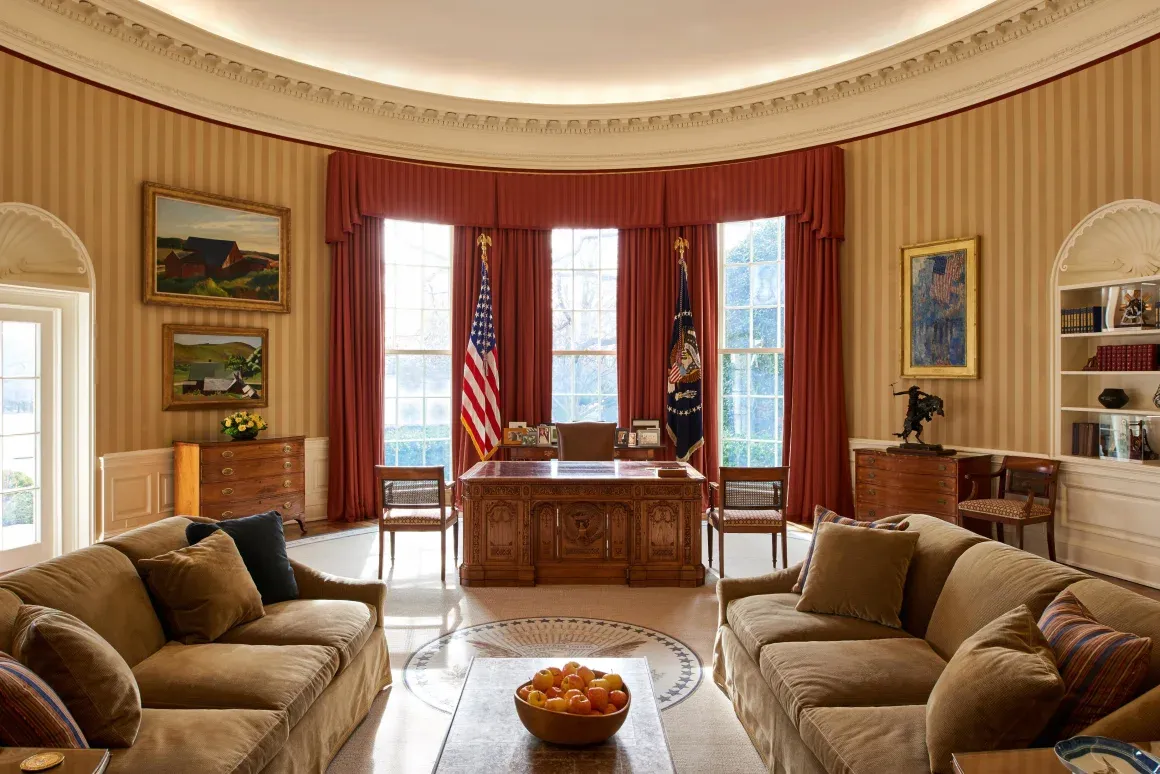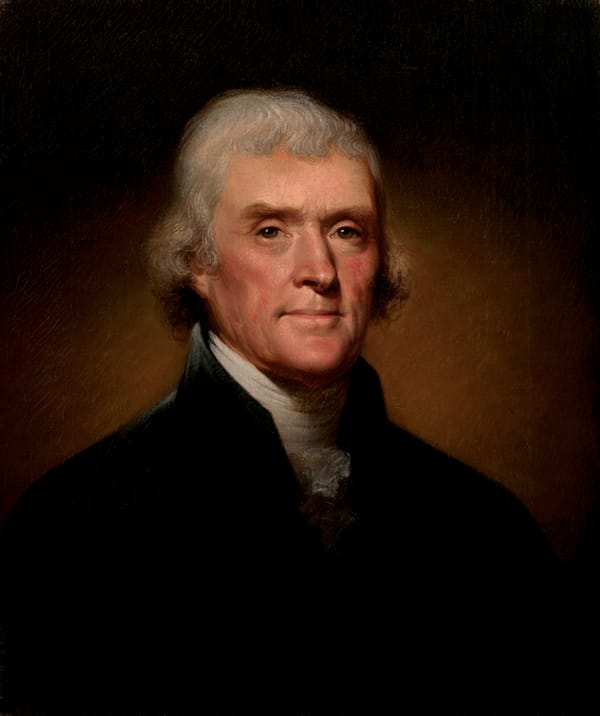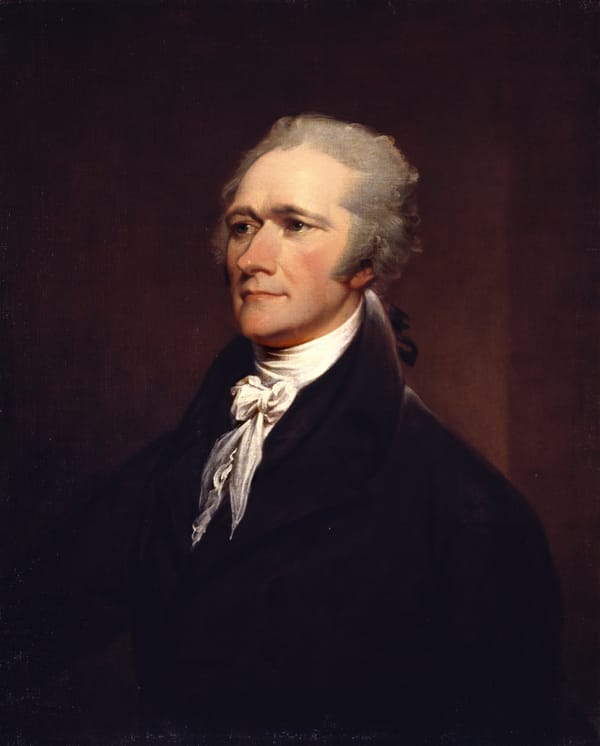The Powers of the Presidency

Welcome back to Constitutional Perspectives!
This is the second of two lessons in Level One about the Presidency. Last time I covered the structure of the Presidency; today, I'll be discussing the powers of the office.
At the outset it is helpful to observe that presidential powers fall into two categories: statutory and constitutional. The latter are conferred by the Constitution itself, while the former, sensibly enough, are granted by act of Congress. The vast majority of the stuff the President actually does is statutory. Most fundamentally, the President's job is to oversee the activities of the government. But the government only does anything because Congress says so. Without statutes, therefore, the President wouldn't have very much to do all day. That being said, this series is about the Constitution, so I am not going to talk very much about the actual specifics of the statutory powers.
Another helpful thing to keep in mind about presidential powers is that the Constitution was written in the clear expectation that General George Washington would serve as the first President. The design of the office reflects, in large part, the trust that the nation felt in General Washington, both to wield his powers honorably and to figure out any questions that the text left open.
The Veto Power
Perhaps the most significant of the President's powers is not actually found in Article II at all. This is the veto power, and it comes from Article I, Section Seven, which sets forth the process by which Congress makes laws. Once both Houses of Congress have passed a bill, it is "presented" to the President, who may either sign it, in which case it becomes law, or return it to Congress unsigned. In the latter case, Congress is to reconsider the bill in light of the President's objections. If, having done so, two-thirds of both Houses still approve of the bill, it becomes law without the President's signature. Otherwise, it has been vetoed, and does not become law.
In the early Republic, there was an understanding that the presidential veto should only be used when the President thought a bill was unconstitutional. This is, perhaps, part of why the President is expected to present reasons for each veto. Of course that understanding did not last very long. Andrew Jackson was the first president to claim the right to veto for mere policy reasons, and this was the source of enormous controversy; today, of course, this is utterly commonplace.
As a result, the President has become a key player in the legislative process. The President's co-partisans almost always make up more than a third of Congress. Assuming they back the President's play, then, nothing can become law that the President doesn't want to. Congressional action is, therefore, constrained by the President's policy views and agenda. To the extent that agenda diverges from what the majority in Congress would prefer, legislation becomes a matter of negotiation between the two branches. And, as we have seen in recent decades, those negotiations can break down to where no laws get passed at all.
Politically speaking, then, the veto power is one of the very most significant things about the President. When we vote for President, we are not just choosing the person who will superintend the administration of the various government departments. We are also making a choice about the direction of legislative policy-making. It is hardly surprising, then, that presidential elections capture the nation's imagination to such a degree.
The Appointments Power
Turning to the actual executive powers in Article II, one of the most significant is the power of appointment. Article II, Section Two states that the President "shall nominate, and by and with the Advice and Consent of the Senate, shall appoint" essentially all government officials whose appointment is not otherwise provided for. Most notably this includes the heads (or "principal officers") of executive departments (who are known collectively as the President's "Cabinet"), as well as all federal judges. Congress is allowed to have someone other than the President nominate executive officials who are lower down in the bureaucratic hierarchy. Typically this is the higher-ranking officials within the same executive department, though the Constitution also lists "the Courts of Law" as a possibility, which is weird. In any event, there are a LOT of "inferior" executive officials who are nonetheless appointed by the President.
Advice and consent of the Senate means that, once the president has nominated someone to a position, the Senate must approve that nomination by a majority vote. Frequently this will be accompanied by confirmation hearings, during which the relevant Senate committee considers the qualities and qualifications of the nominee. If the committee approves the nomination, it will go to the full Senate. The confirmation process is usually a rather routine affair, particularly for executive branch appointments, where the President is often seen as having a broad right to pick "his" people, so long as they are broadly qualified. Even for Supreme Court nominations, the very highest-stakes variety, a lot of people thought until quite recently that it was improper for the Senate to refuse confirmation for reasons of "judicial philosophy" rather than the judge's qualifications.
One reason why the appointments power is so important is that the President basically doesn't do anything themselves. Like, physically. Rather, they choose the people who do the things, or who choose the people who do. And, although the Constitution nowhere discusses the question of who can remove executive officials from their positions, it has become settled custom that the President can remove most high-ranking officials at will. These are the levers through which the President is able to control the operation of the government: by appointing people who will do what they want, and by firing those who don't.
A final wrinkle: if the Senate is not in session, the President is allowed to make "recess appointments," which expire at the end of the next session of Congress. In the early days of the Republic, when travel was difficult, Congress would often only be in session for a few months out of the year. If a key government official were to, say, die, while the Senate was out of town, the functioning of government might be impaired. Recess appointments ensure this isn't a problem. Of course today that original function isn't particularly relevant. Instead, recess appointments function as a kind of game of chicken in case the confirmation process breaks down.
Commander in Chief
While the President's role is mostly supervisory, there are some things they do for themselves. Per the very first clause of Article II, Section Two, they are Commander in Chief of the armed forces. At the Founding, this was meant very literally. Recall that George Washington was understood to be the first President. It was absolutely contemplated that he might command armies in the field, as he had done during the Revolutionary War. And in fact he did, riding out into western Pennsylvania to suppress the Whiskey Rebellion in 1794.
Which is the only time that has ever happened. No one today thinks that the President will act as field general. But they are still at the very top of the military chain of command. This is the foundation of civilian control of the military in America. The President's power of command ultimately ensures that the military serves the People, rather than becoming a menace to their liberties. This scheme has been fantastically successful, to the point that we barely even think about it anymore. The military believes, deeply, that its mission is to serve the President and thereby the will of the People, and that it mustn't ever get involved in politics.
On a day to day basis, therefore, what the Commander in Chief power means these days is that the President has the final word on all military operations. Recall the pictures of Barack Obama in the Situation Room watching the mission to get Osama bin Laden in 2011. It had been Obama's call to undertake that mission in the first place. The military had devised the plan, but the decision belonged to the elected President.
The Treaty Power, and Diplomacy
The President has two other powers related to foreign affairs: making treaties and receiving ambassadors. Treaties are weird, constitutionally speaking. I'm not going to get into that weirdness too much here. For the time being it suffices to say that treaties are legally binding agreements between nations. It is the President's job (typically through ambassadors) to negotiate treaties, but they require approval by two-thirds of the Senate to take effect.
This is actually an extremely important fact for the entire world, because America is simultaneously the most powerful country in the world and the country with the highest hurdle to ratifying treaties. In most places, either the agreement of the head of state (i.e. the chief executive) or approval by a bare majority of the legislature suffices. If you look at any major international treaty, you're liable to see that the United States, while one of the driving forces behind the whole thing, has merely "signed" it, not actually ratified it.
Relatedly, the President is tasked by Article II, Section Three with "receiv[ing] Ambassadors and other public Ministers." You could imagine this meaning little more than meeting them at the docks. In practice, it's understood, in tandem with the treaty power, as a broad authority to conduct diplomatic relations. Most notably, we now understand that the President's power to receive ambassadors entails a power to recognize foreign nations. If, for example, two different factions each claim to be the legitimate government of a certain nation, the President has to decide which faction's ambassadors to receive, and thereby which to recognize as the true government.
Miscellaneous Powers
There are a number of other miscellaneous powers and duties of the office scattered throughout Article II, most of which are not all that practically significant. The President may "require the Opinion, in writing" of the Cabinet officers. Cool. They can summon Congress, in cases of emergency; this, again, is a relic of the early Republic when travel was difficult and Congress would be out of town for half the year. Likewise, when the two Houses of Congress disagree about how long to adjourn, the President gets to break the tie. How exciting. They shall commission all the officers of the United States. Oh boy! (Yes, that literally means the President has to personally sign the document that says you're a federal official.)
Two of these miscellaneous powers are a bit more cinematic, however. The President is instructed, "from time to time," to make a report to Congress on the state of the Union. It doesn't say this has to be a big, prime time address in the House chamber with everyone and their uncle in attendance. Indeed, for many years this duty was fulfilled through a written report. But Woodrow Wilson brought back the live address to Congress, and in our time the State of the Union Address is an annual spectacle. But it doesn't really do anything; it's just a speech.
Finally, the President has the power to "grant Reprieves and Pardons for Offenses against the United States." The pardon power extends only to federal criminal offenses, but within that sphere it is arbitrary and absolute. The President may pardon anyone for any crime for any reason, and no other power within the government can say otherwise. Likewise, the President may exercise lesser degrees of so-called "clemency," as for instance converting a death sentence into one of life imprisonment. One thing this does is put the President at the head of the nation's criminal justice system, for no prosecution can go forward if the President does not want it to.
The Take Care Clause
There is only one relevant piece of text left in Article II that I have not yet discussed: the Take Care Clause. Per Section Three, the President is to "take care that the Laws be faithfully executed." In a way, this provision is emblematic of presidential power as a whole. By its terms, the Take Care Clause imposes an obligation on the President. It is found in Article II, Section Three, which is (predominantly) framed in terms of duties rather than powers.
The President is obliged, then, to carry out the laws Congress writes "faithfully," i.e. faithfully to Congress. This includes both enforcing the law against private parties (e.g. through criminal prosecutions) and supervising the activities of the government to ensure that they are in accordance with the law.
Ah, but does this imply that the President can do whatever it takes to ensure that the laws be faithfully executed? That they have whatever authority they need for the purpose? Therein lies the rub. On its face the Take Care Clause seems to define the Presidency as subordinate to the will of Congress. But as history has unfolded, it has come to be seen as a font of presidential authority – potentially a vast one.
That's all for today. Come back next time for a primer on the federal courts!

